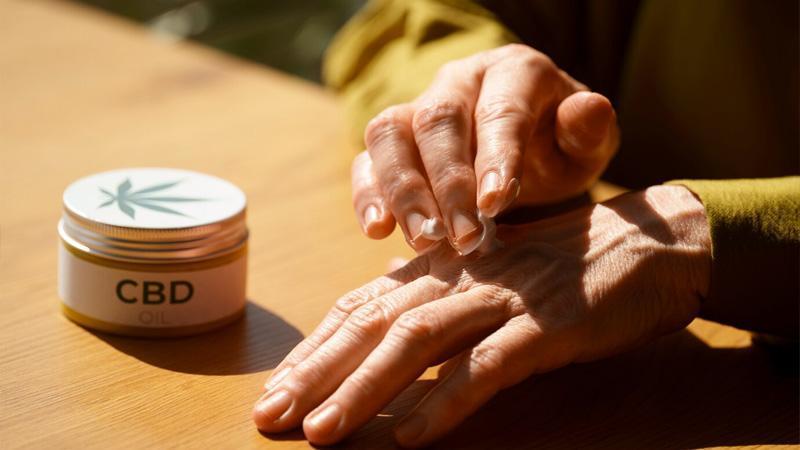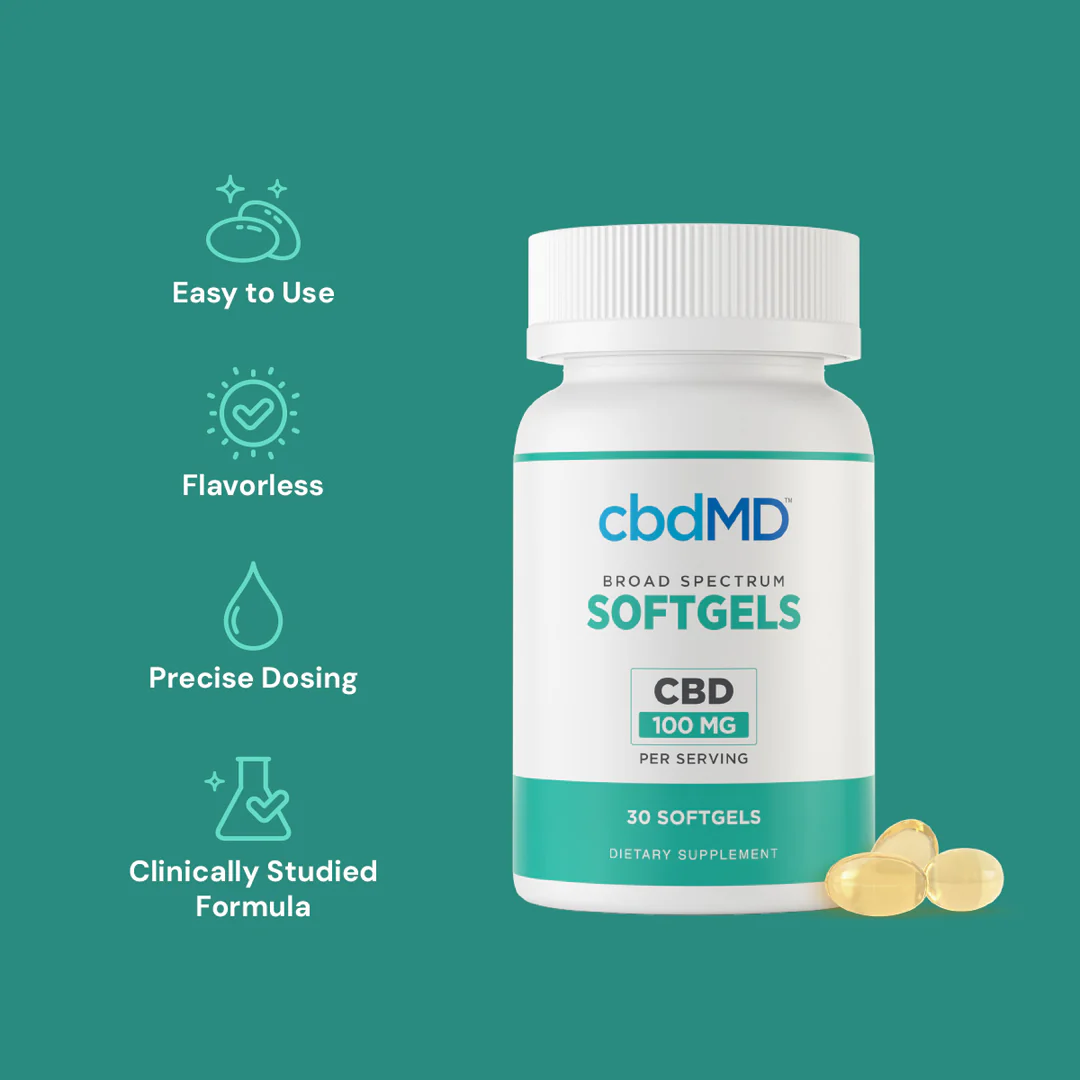
CBD for Sleep and Pain Relief: Is CBD Enhancing Sleep Quality and Alleviating Pain Naturally?
CBD for Sleep and Pain Relief? In recent years, cannabidiol (CBD) has gained significant attention as a natural remedy for various health concerns, particularly sleep disturbances and chronic pain. Derived from the cannabis plant, CBD is a non-psychoactive compound that offers potential therapeutic benefits without the intoxicating effects associated with tetrahydrocannabinol (THC). This article explores the science behind CBD’s role in improving sleep and managing pain, provides insights into how it works, and highlights some of the best CBD products available for those seeking natural relief.
Understanding CBD: What It Is and Why It Matters
CBD, or cannabidiol, is one of many compounds found in the cannabis plant. Unlike THC, CBD does not produce a “high” and is generally well-tolerated. It interacts with the body’s endocannabinoid system (ECS), a complex network of receptors and neurotransmitters that helps regulate various physiological processes, including sleep, pain, mood, and immune function. By modulating the ECS, CBD may offer therapeutic benefits for conditions like insomnia and chronic pain, making it a popular choice for those seeking natural alternatives to traditional medications.

How CBD Can Improve Sleep
Sleep is essential for overall health, yet millions of people struggle with insomnia or poor sleep quality. CBD may help address sleep issues through both direct and indirect mechanisms:

- Direct Effects on Sleep: CBD may influence the sleep-wake cycle by interacting with ECS receptors in the brain. A 2024 randomized controlled trial published in the Journal of Clinical Sleep Medicine found that CBD could improve sleep quality in individuals with moderate to severe insomnia when taken at a dose of 150 mg nightly. CBD may also help regulate the transition between REM (rapid eye movement) and non-REM sleep stages, promoting more restful sleep.
- Indirect Benefits: Many people experience sleep disturbances due to anxiety or chronic pain. CBD’s anxiolytic (anxiety-reducing) and analgesic (pain-relieving) properties can help address these underlying issues, creating a more conducive environment for sleep. For instance, a 2019 case series published in The Permanente Journal reported that CBD reduced anxiety in 79% of participants, with 66% also experiencing improved sleep.
- Pain Relief and Sleep: Chronic pain is a common cause of sleep disruption. By alleviating pain, CBD can indirectly improve sleep quality. For example, a 2017 review in the journal Pain highlighted CBD’s potential to reduce inflammation and modulate pain signals, which can help individuals with conditions like arthritis or neuropathy sleep more soundly.
IsCBD for sleep and pain relief? While more research is needed, preliminary studies suggest that CBD may be a promising option for those struggling with sleep disorders, particularly when pain or anxiety are contributing factors.
CBD for Pain Relief
Chronic pain affects millions of people worldwide and can significantly impair quality of life. CBD has emerged as a potential natural remedy for pain due to its anti-inflammatory and analgesic properties:

- How CBD Works for Pain: CBD interacts with ECS receptors in the brain and immune system, helping to reduce inflammation and modulate pain signals. It may also influence serotonin receptors, which play a role in pain perception. A 2017 review published in Current Psychiatry Reports noted that CBD could be effective for managing chronic pain conditions, including arthritis, fibromyalgia, and neuropathy.
- Impact on Sleep: Pain often disrupts sleep, creating a cycle of discomfort and fatigue. By reducing pain, CBD can help individuals fall asleep faster and stay asleep longer. For example, a 2023 study published in Frontiers in Neuroscience found that CBD improved sleep quality in participants with chronic pain by addressing both pain and anxiety.
- Safety and Efficacy: CBD is generally considered safe for short-term use, with mild side effects such as drowsiness, dry mouth, and changes in appetite. However, it’s important to note that CBD can interact with certain medications, so consulting a healthcare provider is essential before starting CBD for pain or sleep.
Best CBD for Sleep and Pain Relief
When choosing CBD products, it’s important to consider factors like potency, form, and additional ingredients. Based on current research and user reviews, here are some top recommendations:
| Product | Type | Key Features | Best For |
|---|---|---|---|
| Aspen Green Bliss Organic Full Spectrum CBD Oil | Oil | High-potency, full-spectrum, organic | Insomnia, general relaxation |
| Aspen Green Relief Cooling Cream | Cream | CBD with menthol, cooling sensation | Muscle and joint pain |
| CBDistillery ahhh Distilled Full-Spectrum CBD Oil | Oil | High CBD concentration, full-spectrum | Comprehensive CBD for sleep and pain relief |
| cbdMD Broad Spectrum CBD Oil | Oil | THC-free, broad-spectrum, organic | Sleep and pain without THC |
| cbdMD Broad Spectrum Softgel Capsules | Capsules | Consistent dosing, THC-free, broad-spectrum | Convenient CBD for sleep and pain relief |
When selecting a product, always check for third-party testing and a Certificate of Analysis (COA) to ensure quality and purity. Products like those from cbdMD are made with organic, non-GMO hemp and comply with good manufacturing practices.
Safety, Dosage, and Considerations
While CBD is generally safe, it’s important to use it responsibly:
- Dosage: Start with a low dose (5-10 mg per day) and gradually increase as needed. Higher doses may be more effective for insomnia, while lower doses may promote wakefulness. Always follow product packaging guidelines and consult a healthcare provider for personalized advice.
- Side Effects: Common side effects include dry mouth, drowsiness, and changes in appetite. CBD can also interact with certain medications, particularly those metabolized by the liver, so it’s crucial to discuss CBD use with a doctor if you’re taking other medications.
- Legal Status: CBD derived from hemp (with less than 0.3% THC) is legal at the federal level in the U.S., but state laws may vary. Always check local regulations before purchasing or using CBD products.
- Product Quality: Not all CBD products are created equal. Look for products that are third-party tested, made from organic hemp, and free from contaminants. Avoid products with added vitamins or supplements like melatonin unless specifically recommended by a healthcare professional, as interactions are not well understood.

Conclusion
CBD offers a promising natural approach to improving sleep quality and managing chronic pain. By interacting with the body’s endocannabinoid system, CBD may help regulate sleep patterns, reduce anxiety, and alleviate pain, creating a more restful and comfortable night’s sleep. However, it’s essential to approach CBD use with informed caution, starting with low doses, choosing high-quality products, and consulting a healthcare provider when necessary.
As research continues to evolve, CBD may become an increasingly valuable tool for those seeking natural solutions to CBD for sleep and pain relief. Whether you’re dealing with insomnia, chronic pain, or both, CBD could be the key to unlocking better health and well-being.



